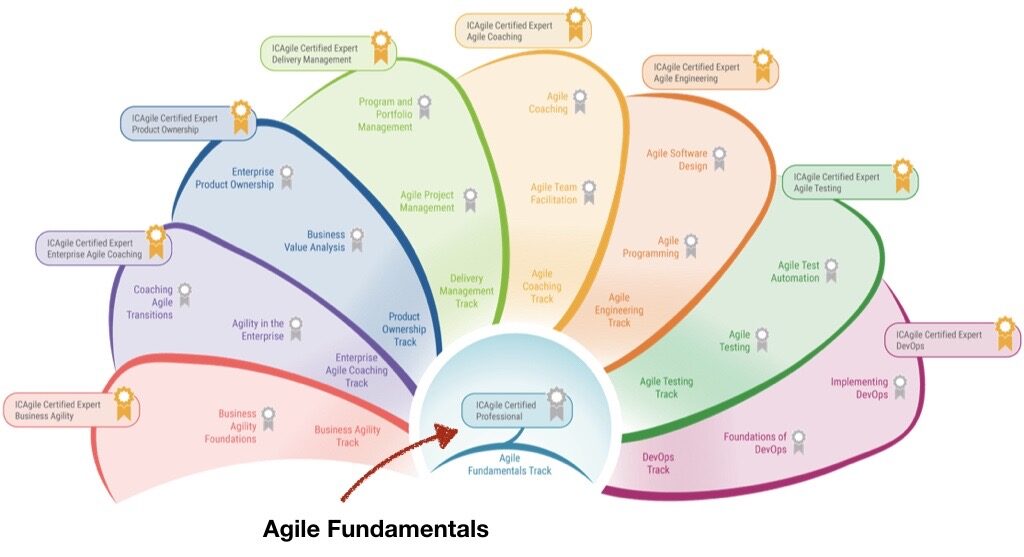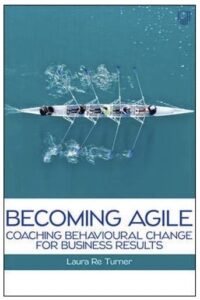Full disclosure: I have received a bursary to attend the British Psychological Society’s Special Group in Coaching conference, December 7-8 in Birmingham.
When reflecting on how an awareness of psychology has helped my coaching practice, I thought about the difficult situations I’ve encountered in my coaching work, where basic knowledge of some areas of psychology has helped me manage the situations.
We know that much of coaching originates from psychology and psychotherapy, and draws on decades of research on the human experience. For me, the biggest influences from psychology have been the person-centred approach defined by Carl Rogers, Gestalt, interpersonal psychodynamics and attachment theory.
From Carl Rogers, I learned that a person’s intention for another is one of our most powerful tools. We can be excellent listeners, but if we are indifferent about whether we want our clients to grow and thrive, then any amount of clever listening won’t enable them to succeed. As one of my over-arching personal principles, I keep this in mind when I am coaching individuals and facilitating groups. Do I want to be here and why?
Interestingly this mindset has also helped me notice when a client doesn’t really want to be in the coaching session. This may sound strange, but when my intention to be present isn’t matched by my client, I notice a feeling that ‘not all is as it seems’ in the session. This is a hypothesis that needs to be tested further, and if this is starting to sound like Gestalt….
We had a day of experiencing Gestalt with coach Bridget Farrands during Stage 2 of the MSc in Coaching and Behavioural Change (Henley Business School), The day of practical exercises helped me tune in to my body’s own intelligence, and to notice my client’s state and ask my client to notice too. I learned to be attuned to what’s happening for both myself and the client in the present and to improvise my coaching intervention.
My first experience with Gestalt made coaching multi-dimensional instead of the linear and predictable ‘what is your goal, what have you tried already…’ etc. Being aware of the client in front of my eyes and my own feelings are tools that I use often. I will never forget the day I became aware of an uncomfortable physical reaction to a participant on a workshop who became unhappy in a very sudden and unexpected way about the course material. I later realised the person was mildly autistic.
Awareness of interpersonal psychodynamics and attachment theory gave me the confidence to question if people’s behaviour (say, in a meeting) is a conscious response to what we see taking place in the room with the people present, or an unconscious response to past relationships that shape present-moment behaviour.
I started delivering training courses and behavioural-change workshops in 2014 through my work with QA Training. Most of us have been on a business skills training course, and if we’re unlucky there’s someone who didn’t want to be there, whose manger forced them to attend, and who is going to let the trainer know about it. However the training participant doesn’t tell the trainer this directly of course! He becomes argumentative about the course material, transferring his dissatisfaction with his manager, onto the trainer. Attachment theory has also been useful for appreciating that people’s behaviours in the moment (towards me) are not a reaction to me per se. I have become much more tolerant to people whose behaviour seems to be disproportionate to the situation, for example I’ve experienced people becoming irate as a defence for expecting criticism from me, or bullying as a defence for having been bullied. I know a coach who becomes defensive when I state my preferred way of working, interrupting me when I speak, and I suspect that the behaviour was learned many years ago as a way to cope with a hostile home environment.
What has been the impact of psychology to you on your coaching practice? Stay in touch and write your comments below.
Hope to see you at the BPS Special Group in Coaching Psychology conference in Birmingham, UK, on 7-8 December.






